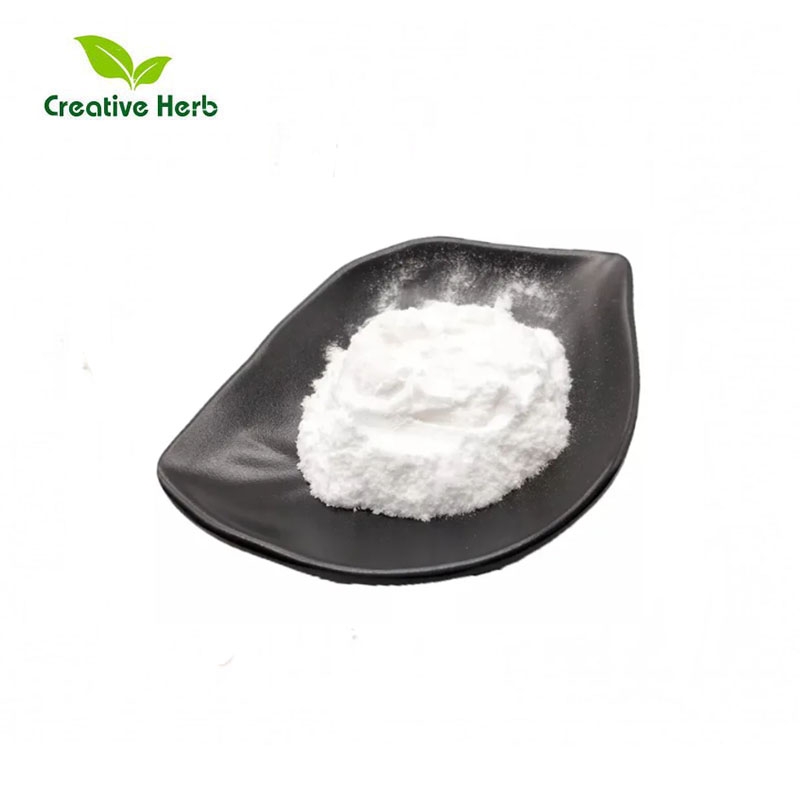Immunity: a new target for inflammation regulation
-
Last Update: 2019-05-14
-
Source: Internet
-
Author: User
Search more information of high quality chemicals, good prices and reliable suppliers, visit
www.echemi.com
May 14, 2019 / bioun / - scientists at Trinity College Dublin have found a potential new target for regulating inflammation, which can cause a series of diseases, including diabetes, cancer and Alzheimer's The potential target is an ancient immune protein, SARM, which is conserved throughout evolution, so it is very similar in humans, other mammals, flies and worms Scientists from Trinity Institute of biomedicine (TBSI) Trinity School of Biochemistry and immunology have discovered a previously unknown but important role - SARM plays an important role in immune response Their research results were recently published in the famous magazine "immunity" Photo source: immune innate immune system and SARM innate immune system are activated as a protective mechanism When cells perceive the presence of unfamiliar pathogens (such as bacteria and viruses), or the risk of tissue damage, they will respond This innate immune activation leads to inflammation However, excessive and / or inappropriate inflammation is related to a series of debilitating diseases, so controlling inflammation is a major problem that scientists try to solve Specifically, inflammatory corpuscles are tiny molecular machines that assemble in immune cells after sensing infection or injury and initiate inflammation When inflammatory corpuscles aggregate, it will trigger 1) the release of inflammatory factors (IL-1 or IL-1) and 2) the inflammatory cell death (charring) Both of these two effects can cause inflammation, but what exactly controls the production of IL-1 and the degree of focal death in the process of inflammation is not clear before The experimental results show that SARM is the key regulator of inflammatory corpuscles In their study, scientists showed that the more SARM cells contain, the less IL-1 they produce, because SARM interferes with the assembly of inflammatory bodies On the contrary, more SARM will lead to more cell death, because SARM will cause serious damage to mitochondria, the energy producer of cells The study was funded by the Science Foundation Ireland and conducted by scientists from Professor Andrew Bowie's research team, in particular co authors Dr Michael Carty and Dr Jay Kearney Other TBSI scientists involved include Professor ed Lavelle and Professor padric Fallon Dr Michael Carty, the lead author of the study, said: "we've been trying to unravel the mystery of this ancient protein - what exactly does it do at some point? This is a surprising finding - it may be a key regulator of inflammatory bodies, which means that SARM plays a role in inflammatory diseases "Scientists have known that SARM causes brain cell death, so it is being studied as a therapeutic target for neurodegeneration and related diseases, but we found that it is also a key immunomodulatory peripheral immune cell," added Andrew Bowie, a trinity professor of Innate Immunology This discovery gives us hope that if we can successfully target SARM, we may be able to control inflammation, which will provide a new choice for the treatment of multiple diseases "Reference: Andrew g Bowie et al Cell survival and cycle release after infrared activation is regulated by the total-il-1r protein SARM Immunity (2019) Doi: 10.1016/j.immunity.2019.04.005
This article is an English version of an article which is originally in the Chinese language on echemi.com and is provided for information purposes only.
This website makes no representation or warranty of any kind, either expressed or implied, as to the accuracy, completeness ownership or reliability of
the article or any translations thereof. If you have any concerns or complaints relating to the article, please send an email, providing a detailed
description of the concern or complaint, to
service@echemi.com. A staff member will contact you within 5 working days. Once verified, infringing content
will be removed immediately.







